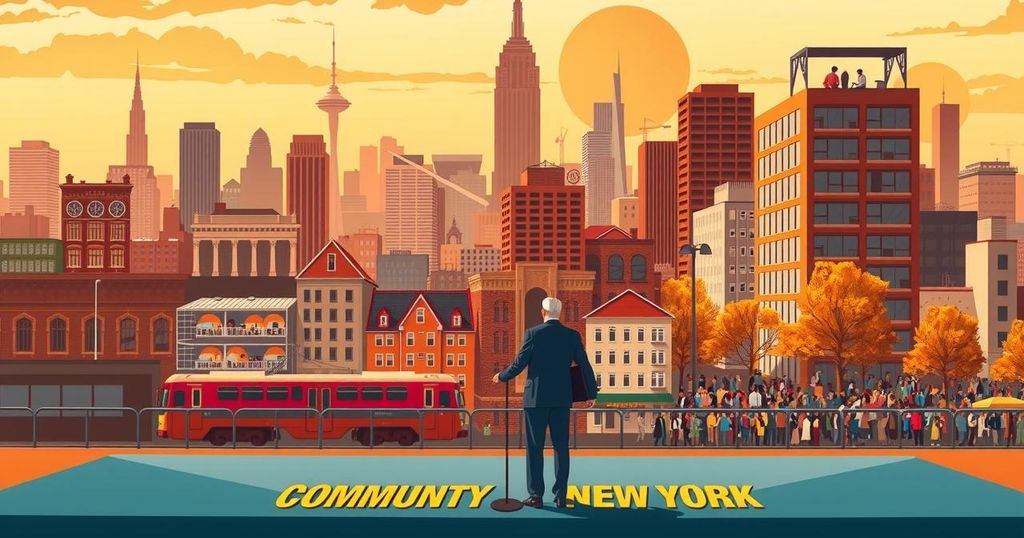Trump Calls Zohran Mamdani A ‘Communist Lunatic’ Over Political Views
- Trump criticized Mamdani after his Democratic primary victory in New York.
- Zohran Mamdani’s campaign addresses issues like housing, transport, and taxes.
- Mamdani and Patel both faced the trauma of Uganda’s ethnic cleansing.
- Mamdani’s father was expelled during Idi Amin’s dictatorship in Uganda.
- The race is about more than the mayoral seat; it highlights historical narratives.
Trump’s Outburst Reflects Political Anxieties
Trump’s harsh remarks against Zohran Mamdani came after Mamdani’s unexpected win in New York’s Democratic primary. In a post on Social Truth, Trump dubbed Mamdani a “100% Communist Lunatic,” a reflection not only of Trump’s frustration with the Democratic party but perhaps also an undercurrent of anxiety regarding the shifting political landscape. The city of New York, historically known for its liberal stance, now faces the prospect of a mayoral candidate who explicitly identifies with the far-left.
Zohran Mamdani’s Background and Political Prominence
Mamdani, only 32 years old and already a member of the New York State Assembly, campaigned on a platform that includes housing for all, free public transportation, and the implementation of wealth taxes. His approach is marked by a lack of apologies and a refusal to hold back his criticism of the existing systems that he describes as “broken.” However, this election is about more than just local policies; significant historical narratives underline Mamdani’s background, which intersect with the life of another public figure: Kash Patel.
A Shared Historical Trauma
Both Mamdani and Patel share a deep-rooted history, linked by their origins in Uganda, where their families experienced immense upheaval during Idi Amin’s brutal reign in the 1970s. This event led to the expulsion of thousands of Indian-Ugandans, suffering unspeakable violence, loss, and displacement. Patel shared his family’s ordeal during his Senate testimony, where he emphasized the stark reality of the violence—”Three lakh people murdered… for how they looked.” For Mamdani, this painful legacy has influenced his father’s academic pursuits and, in turn, his own political activism. As the election looms, Mamdani’s campaign remains focused on pressing local issues but carries the weight of historical consciousness that shapes the present.
In summary, the tension surrounding Zohran Mamdani’s candidacy in New York reflects a growing divide in American politics, illustrated by Trump’s harsh criticism. As Mamdani focuses on pertinent local issues like housing and inequality, his family’s history highlights the complex narratives underpinning political identities. Therefore, this race transcends the simple quest for a mayoral position; it symbolizes the shifting acceptances within American society and the unresolved traumas that continue to influence today’s leaders.




Post Comment